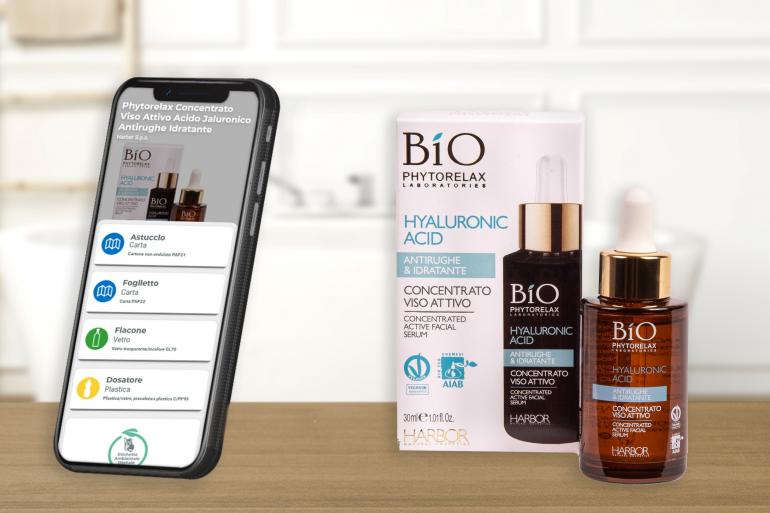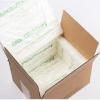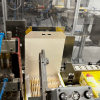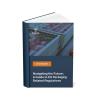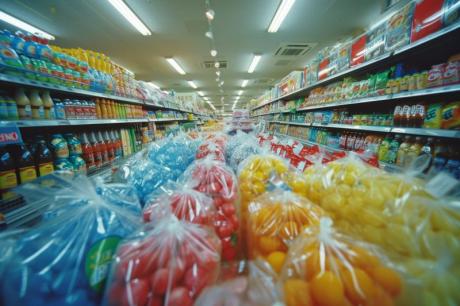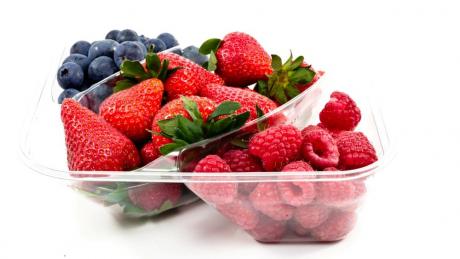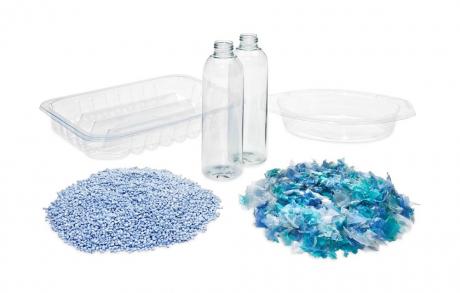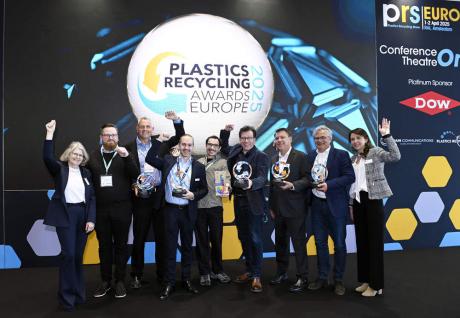by Giampiero Zazzaro
Italy has been one of the first EU countries to transpose the European directives on waste and packaging, through the Law Decree 116/2020, making environmental labeling compulsory for all consumer goods sold on the Italian market. This obligation, initially to enter into force on January 1st, has been postponed to June 30th, 2022, giving more time to producers and importers to comply with the law.
According to the new norms, every producer has to promote the prevention, reuse, recycle, and recovery of packaging waste, correctly informing consumers on which materials have been used to produce each packaging and how to sort them correctly.
With respect to this new Law Decree two big players in the field of scented candles and natural cosmetics, respectively Bolsius and Harbor have chosen the Digital Environmental Label (DEL) by Junker app, an innovative platform in Europe for consumers’ information on waste sorting: always updated, complete, and easily accessible.
Thanks to this solution, Bolsius and Harbor are not only in compliance with the new law but have also made a further step in their effort to foster sustainability, and to improve their customer experience. Without adding a single graphic element on the packaging of their products, distributed in Italy but also exported in the EU market, since the waste disposal information is all included in something already present on traditional labels: the product’s barcode.
Starting from today, those who will purchase a product by Bolsius (scented candles or fragrance diffusers) or a natural Phytorelax cosmetic by Harbor for skin care, body care, or hair care, will just have to scan the barcode with the Junker app. Immediately, the smartphone will display the full environmental label for that product. The digital label is also accessible for blind and visually impaired people and is available in 10 languages. It includes, for each packaging component, the material it is made of, and how to sort it correctly according to the local rules for waste sorting. Furthermore, there could be additional sustainability information that describe the effort and concrete actions of the company itself to become more and more sustainable. This solution, successfully implemented by other international companies exporting to Italy as well, has been acknowledged as best practice for environmental labeling by Conai, Italian official non-profit consortium for the recovery and recycle of packaging.
